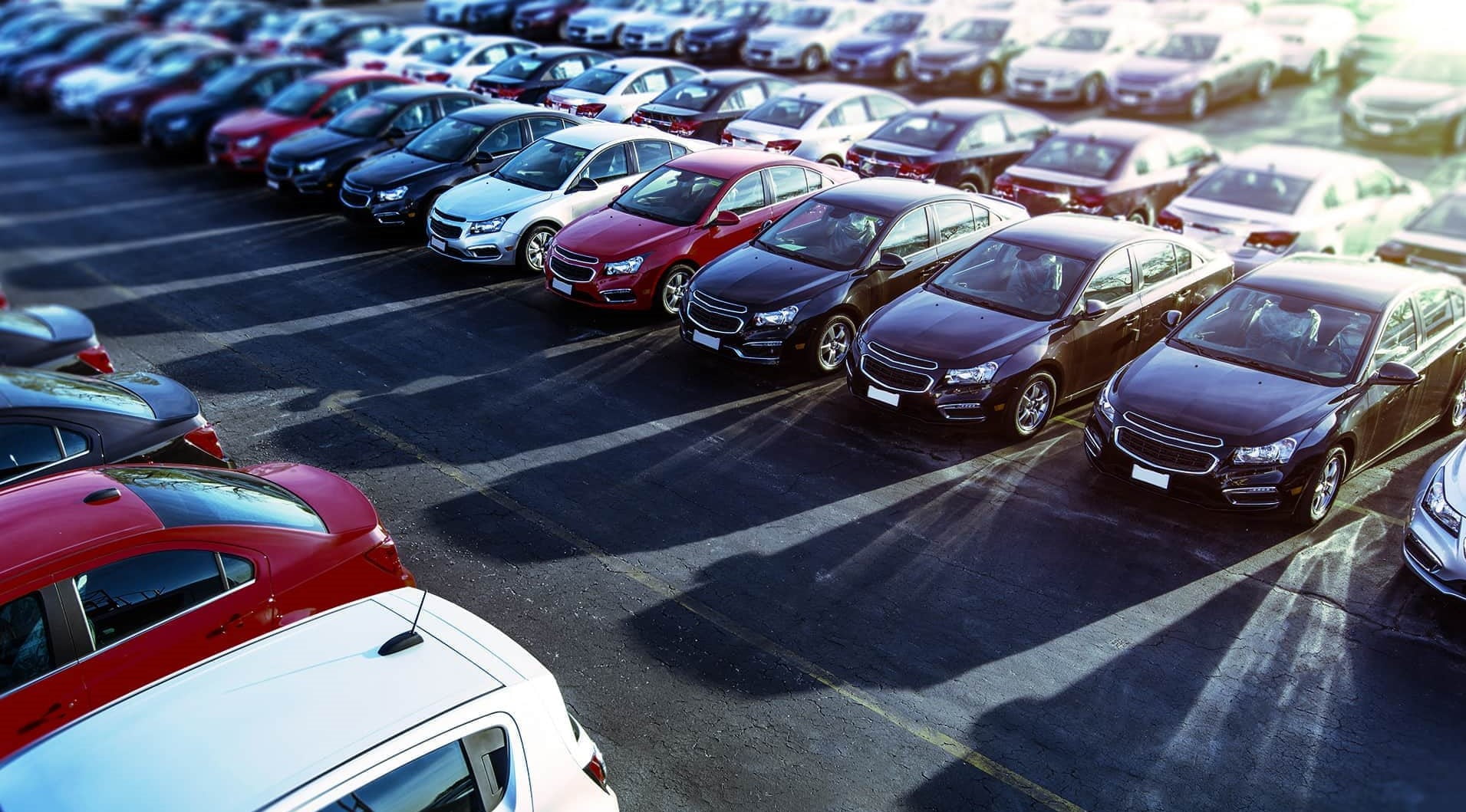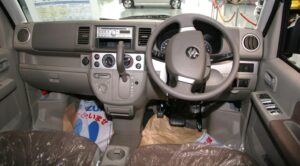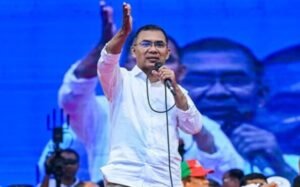Imran Khan must allow commercial import of used cars in next budget for 2020-21

Local car assemblers are also importing CKD/SKD from their parents companies to double their profits
KARACHI: First and foremost, the enforcement of SRO 52(1)/2019 must be stopped immediately and eliminate revenue losses of the government as well as the livelihood of hundreds of thousands of people and allow commercial import.
In budget proposals, All Pakistan Motor Dealers Association (APMDA) chairman H.M Shahzad said, “we had expressed in our budget proposals of 2019-20 with respect to the implementation of SRO 52(1)/2019 due to which the import of cars through the TR, Gift and Baggage schemes has all but stopped.”
He said that brand new cars costing huge amount in foreign exchange are allowed to be imported without any restriction for the elite class. Then why not open the same channels for the middle class public who are looking for affordability and quality provided by the used cars which cost much less than the new cars. Also most of the cars which will be imported will be in the 660cc category, which are low cost and high in fuel efficiency and economy, he added in budget proposals.
Furthermore, due to not achieving the promised levels of deletions despite the passage of several decades, large number of parts have to be imported as CKD/SKD using dear foreign exchange. Also, their profits in foreign exchange are being repatriated to their parent companies abroad, he added.
H.M Shahzad said as we had already informed the Government that our fears about market condition on several occasions, this activity and the market has completely collapsed. The Government has accepted the loss of almost Rs 100 billion in duties and taxes. Moreover, hundreds of thousands of Pakistanis in the country and abroad have lost their means of livelihood, he added.
On the other hand, he said the sector representing the OEM assemblers is also very grim as usual and as expected. In view of no competition from used cars in 2019-20, the local assemblers were provided a completely free field to enjoy their already highly monopolistic and consumer unfriendly policies and reap the benefits of restrictions on used vehicles import.
They freely indulged in price increases with increased selfishness and continued to fleece the common people in the shape of ON MONEY for early delivery before six months to eight months. As an example, on 15th of April Indus Motors increased their prices from Rs 120,000 upto 500,000 while the dollar rate has come down to almost Rs 160. This may sound surprising in the scenario of 50% loss in sales.
But this loss is engineered and needs to be investigated. However, the real loser is the Pakistani public and Government. On the one hand, the Govt. has lost revenue to the tune of 100 billion rupees and the common public cannot afford the local expensive, low quality cars because the affordable and good quality imported used cars are not allowed to be imported, APMDA chairman said.
While on the subject of quality, APMDA highly appreciates and supports the initiative of the Government to entrust the Ministry of Science and Technology to take up the issue of quality and safety of local vehicles. The Minister of Science and Technology has given this job to the PSQCI who have been asked to draw up the Standards for local cars. As expected, the local assemblers have come out loudly against this initiative of the Minister and went crying to the EDB for help.
Furthermore, the EV Policy proposed by the Ministry of Climate Change is another step in the right direction and which is also not liked by the assemblers due to obvious vested interests. We therefore whole-heartedly support the ministerial committee on EV Policy constituted by the ECC and wish them success.
It is in this perspective with the local consumer in mind, that we strongly propose that in addition to the existing TR, Gift and Baggage schemes for the Overseas Pakistanis, commercial import of used cars should also be allowed which among other things would be in line with the Government’s policy of documentation of the economy and expansion of the tax net thereby generating 100% more revenue for the government.






